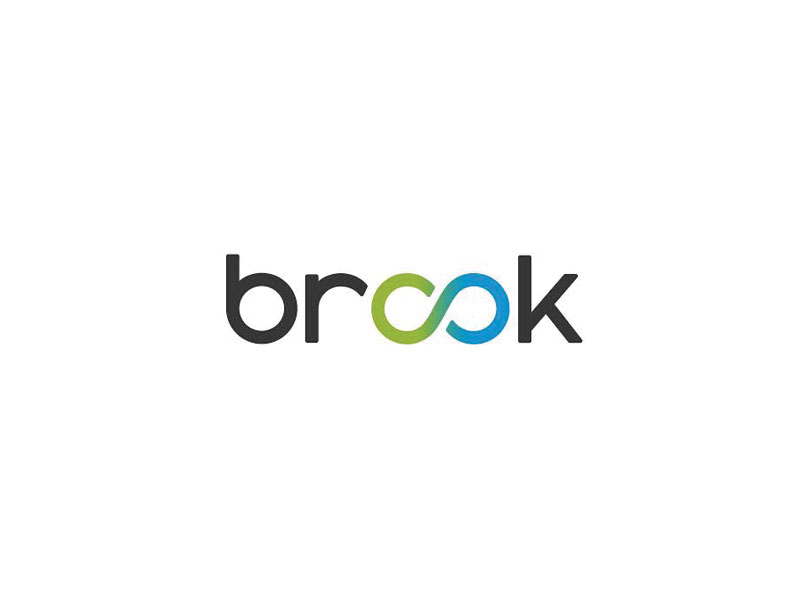Brook Health, a leader in remote patient care and AI-powered health support, has officially announced a partnership with Linus Health, a digital health company enabling early detection of Alzheimer’s and other dementias, to conceive a simplistic brand of cognitive care.
To understand the significance of such a development, we first must acknowledge how a brain-related issue like dementia ranks as one of the biggest health fears for people over 65. In case that wasn’t enough, primary care providers, who are often the first point of contact in such cases, have repeatedly shown to lack the tools required for supporting these individuals. As a result, they have to turn towards specialist referrals, something which poses its own share of challenges by causing long wait times and delayed treatment.
According to certain reports, the stated partnership addresses that problem through its bid to let patients get screened, assessed, and sent home with a dedicated treatment plan for cognitive issues on the same day. Complimenting that would be direct access to a 24/7 remote clinical care team. More on the same would reveal how this development packs together Linus Health’s advanced digital cognitive assessment tools with Brook Health’s remote care platform to make early detection of mild cognitive impairment (MCI), which happens to be a precursor of dementia, as routine as any other preventive screening.
Such an approach, like you can guess, should tread up a long distance to give patients more control and confidence in dealing with their situation, while on the other hand, it enables primary care providers to offer specialist-level cognitive care without the need for immediate referrals.
“Our collaboration with Brook Health allows us to deliver early, personalized cognitive care, seamlessly blending early detection with ongoing tailored interventions and monitoring,” said David Bates, CEO and co-founder of Linus Health. “This comprehensive approach not only supports individuals dealing with cognitive challenges but also engages caregivers, offering holistic and continuous care to enhance both cognitive and physical well-being.”
Taking a specific view of the potential benefits we can expect from Brook and Linus’ combined solution, the assortment begins with the promise to initiate necessary care immediately. This means patients can begin targeted intervention right away following their initial screening, rather than having to wait for months to consult a specialist.
Next up, we must acknowledge that the solution is seemingly primed to deliver comprehensive support. This includes a full spectrum of care, ranging from cognitive assessments, personalized treatment plans to ongoing remote monitoring by care teams. The combined effort in question also lends a thought to enhancing care accessibility. You see, we get to say so because it provides high-quality cognitive care regardless of the patient’s proximity to major metropolitan areas or specialists.
Another detail worth a mention here is rooted in the stated partnership’s intention to reduce patient anxiety. Basically, with its plan to impart immediate support and guidance, the collaboration will likely alleviate the stress and uncertainty often experienced by patients awaiting specialist consultations.
Among other things, the Brook and Linus partnership helps primary care physicians access tools to manage cognitive care sooner and more effectively, thus again reducing unnecessary specialist referrals and delayed treatment. It also takes up a more holistic approach towards patient care, as beyond cognitive health, the partnership addresses several related factors such as cardiac issues, sleep, and lifestyle modifications.
“This collaboration addresses a major healthcare concern with a solution that starts where healthcare coordination needs to happen–with the primary care physician,” said Oren Nissim, CEO and co-founder of Brook Health. “By providing both assessment tools and immediate treatment options, we’re transforming how cognitive care is delivered, especially benefiting those in areas with limited access to specialists. This represents a major step forward in our mission to provide care that treats the whole person, not simply a single condition.”






